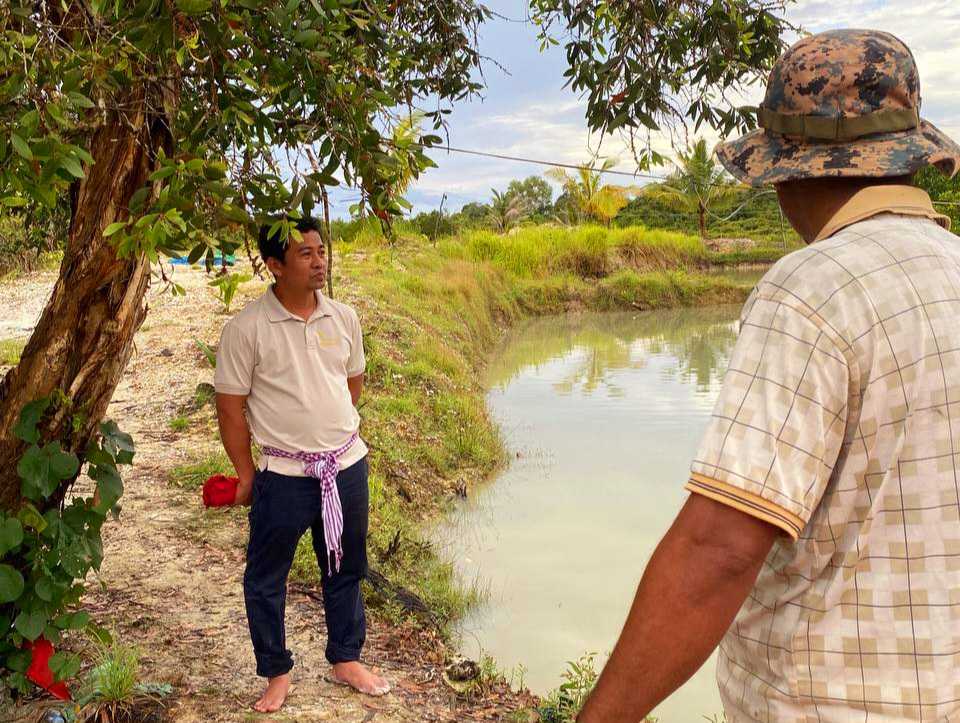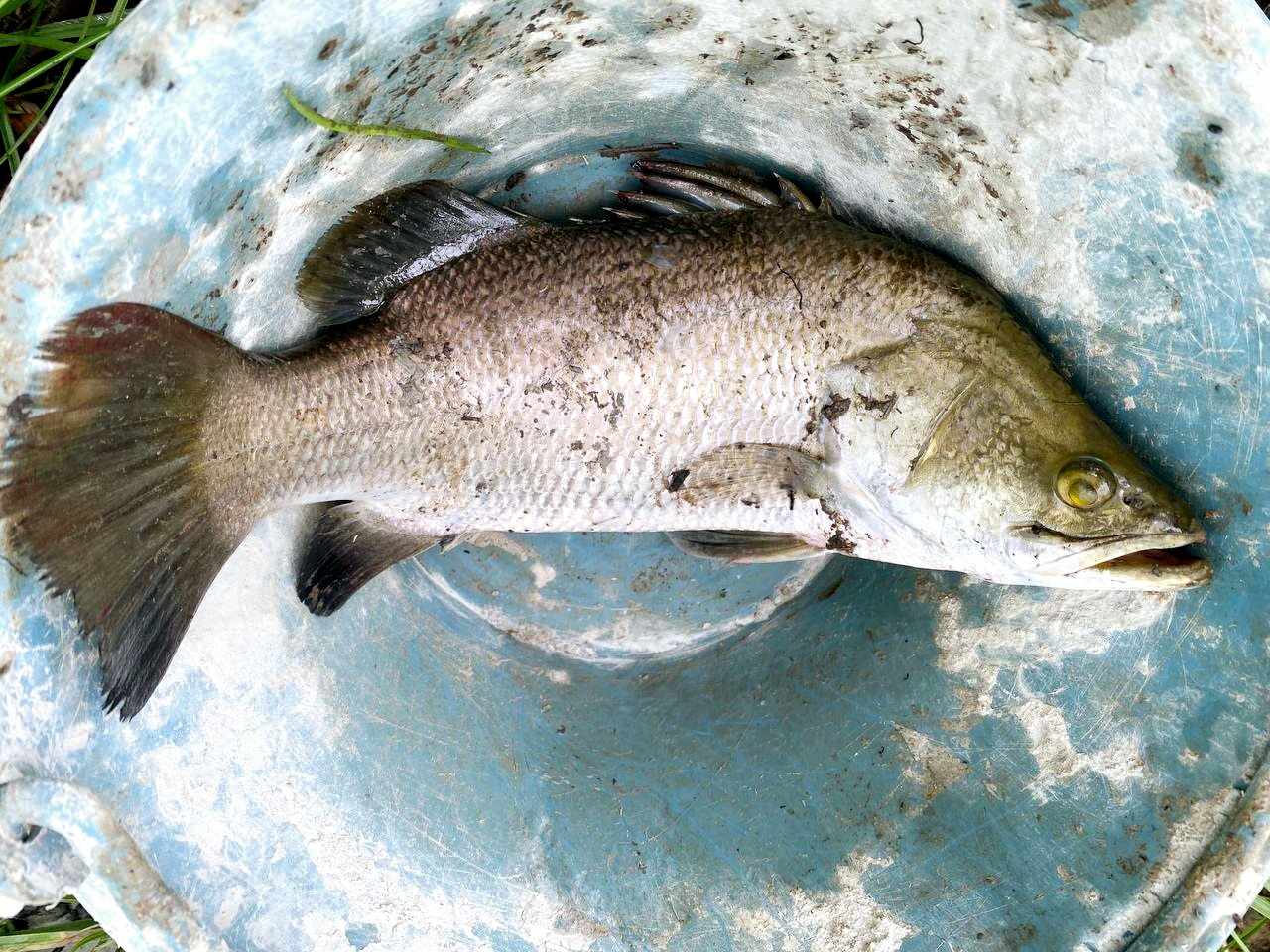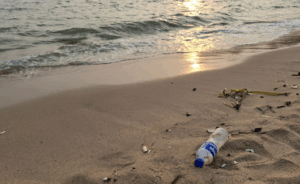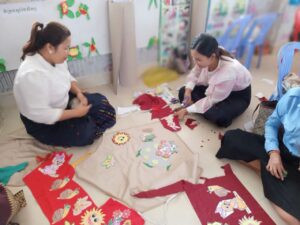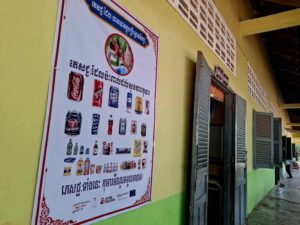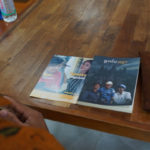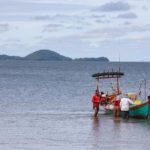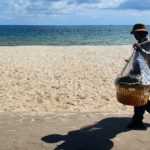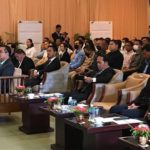Cambodia’s fishing communities face significant challenges – climate change, disrupted marine ecosystems, and dwindling fish stocks – but their resilience offers hope for a brighter future. By embracing sustainable aquaculture, they secure their livelihoods while actively participating in the long-term health of marine ecosystems.
Along Cambodia’s coastline, fishing communities have thrived for generations, drawing their livelihoods from the sea. However, the climate crisis threatens their way of life. Families now face mounting challenges. Climate change is transforming the environment they depend on, bringig rising sea levels, unpredictable weather, and dwindling fish stocks.
For those who rely on the ocean for food and income, these changes are not just environmental – they are a direct threat to their survival.
Poverty adds another layer of difficulty, limiting families’ ability to adapt or explore new economic opportunities. Without access to quality education, many struggle to develop skills for alternative work. When basic rights like clean water and healthcare are out of reach, it further adds to the challenge. Nevertheless, they are resilient. Despite the hardship, coastal communities hold immense potential.
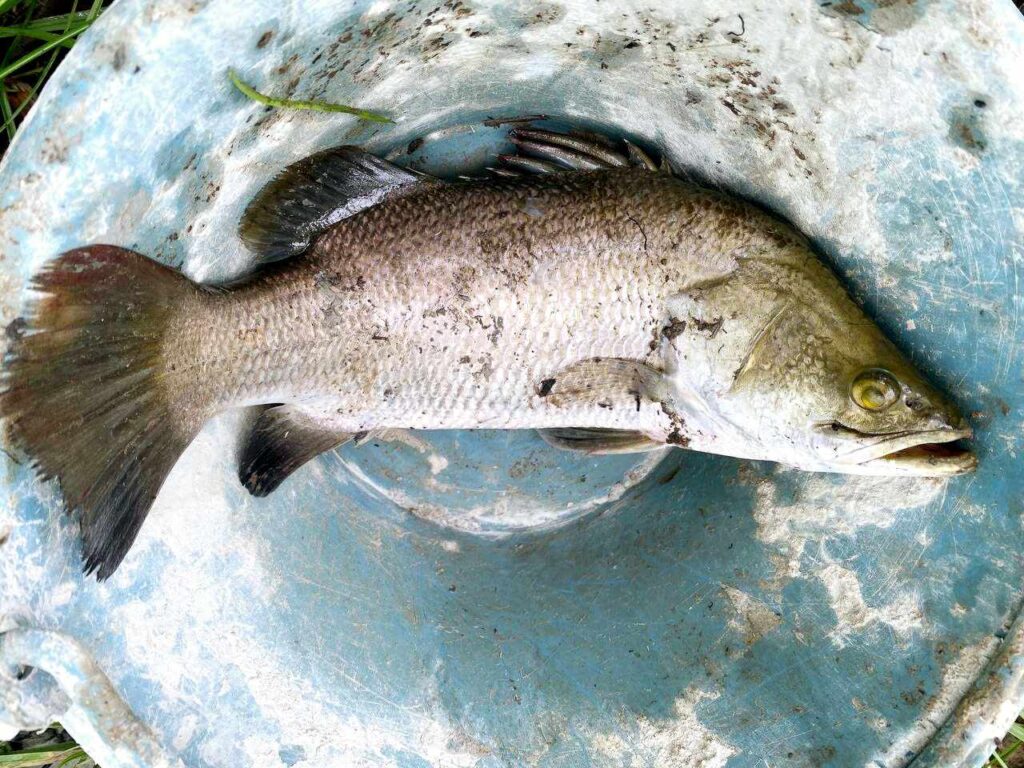
A Lifeline for Coastal Ecosystems
Action Education / Aide et Action (AEA) is dedicated to integrating environmental sustainability with community development. Fishing communities are at the heart of ecosystem protection and restoration, while we support their efforts through sustainable aquaculture. The CO-SAVED project, co-led by AEA and co-funded by the EU, empowers them to tackle challenges such as declining wild fish populations caused by overfishing and changing environmental conditions.
Unlike industrial-scale fish farms that rely on harmful chemicals, focus on short-term profits and often result in pollution and environmental harm, sustainable aquaculture enhances biodiversity, improves water quality, and ensures long-term productivity. These communities are supporting the recovery of wild fish stocks by easing pressure on them, which in turn helps fish thrive in their natural habitats. Additionally, combining aquaculture with practices such as mangrove reforestation restores ecological balance and strengthens coastal resilience.
Coastal communities play a vital role in maintaining healthier marine ecosystems, promoting biodiversity, and securing a sustainable legacy of marine resources for future generations.
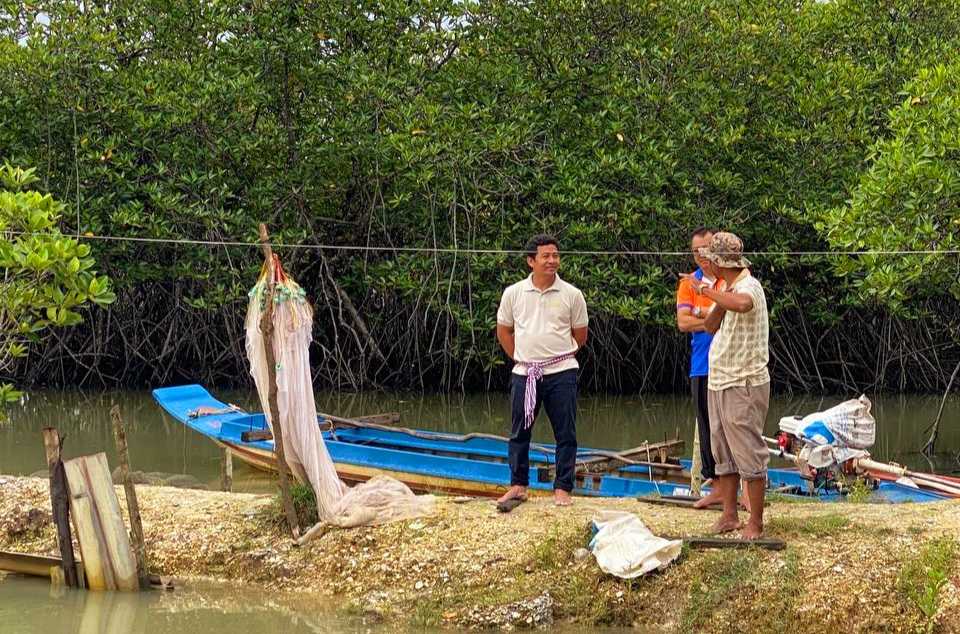
A Key Driver of Resilience
Committed to socio-economic equity, AEA empowers coastal communities to take an active role in their development and build greater self-reliance. Sustainable aquaculture combines environmental benefits with economic resilience. It provides a stable income that helps families withstand climate-induced shocks such as floods, droughts, and seasonal variations. Furthermore, surplus production generates additional revenue, reducing the dependence on overfished waters.
Sustainable aquaculture provides economic opportunities without depleting marine resources. The ecological benefits of sustainable aquaculture translate into long-term impacts and resilient livelihoods for generations to come.
Sustainable fish farming also unlocks opportunities for eco-tourism, diversifying income sources and further supporting local economies. By promoting responsible practices, fishermen can attract tourists eager to experience eco-friendly aquaculture and contribute to conservation efforts. Eco-tourism activities like mangrove planting, marine life observation, and sustainable fishing generate revenue. This tourism model provides economic incentives that drive the protection of natural resources, benefiting the environment, local communities and visitors.
Let’s stand with fishing communities. They protect marine ecosystems, strengthen local economies, and nourish people. Their determination to adapt and safeguard the natural world is an inspiration.
